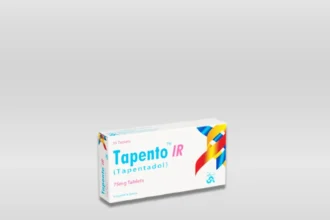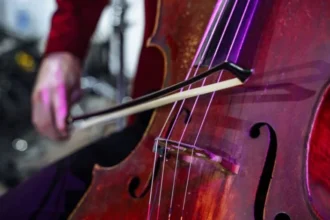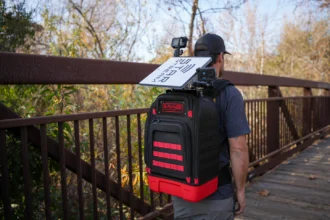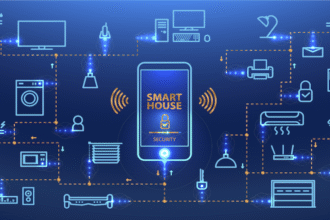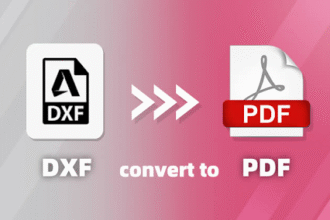There is something slightly too intimate about opening your phone at 2 a.m. and finding an algorithm telling you when to breathe. Not just “inhale, exhale” in that bland wellness‑app voice but something eerily tailored: a customized recovery plan based on last Tuesday’s half‑hearted run and your freakishly brief REM slumber. That’s because at this point one may start to wonder – not if AI can coach, but rather whether we’re passively allowing it supplant our human coaches all together.
The Human Standard in Coaching
Human coaching, of course, has a major head start. For nearly forever, a coach has been the person who hovers just near enough to see your form and hear your doubt when you’re making excuses for not finishing that set of lunges – occasionally so they can push you beyond where it became clear all along you were going to stop on purpose. But AI – equipped with more information than your trainer could jot on a clipboard in 10 lifetimes – has begun to make an appealing argument. It comes with promises of precision, availability and a price tag that hurts less than a boutique gym membership.
The problem is that there’s an asterisk for every promise.
The Nature of Coaching Beyond Data
Personal training is not a service but it’s more like a relationship built on trust, small talk and awkward silences. A career coach recalls you cringing when you said “promotion.” A personal trainer sees that ever since the breakup, you’ve been phoning in your warm‑ups. They exist in those liminal spaces where people aren’t prone to type their truths into a chatbox. AI can monitor heart rate variability, record your poker preparation hours (yes there are AI tools and complete development suites for that kind of thing) and it is extensively employed to simulate best strategies. But empathy? Still in beta.
Where AI Delivers Results
And yet in measurable ways, the relentless rise of AI is good. In fitness, systems like WHOOP Coach or Athletica modify routines on the fly. On the skill side, AI poker algorithms are able to study thousands of hand histories in seconds and identify leaks that your human mentor may not discover until it’s too late. Machine learning in poker, or in chess, acts the same way: pattern recognition at superhuman speed that feeds back into structured improvement. “These poker AI strategies and other games where the training is so much better than whatever information a human could provide are not toys, they represent examples of how algorithmic learning can beat feedback provided by humans,” Bromberg added.
The Limits of AI Coaching
But coaching is also about shelf life. AI is great at structured, short‑term progress – hit your target, log that streak and earn the badge. The “best poker A.I.” or slickest fitness bot can grind you into disciplined efficiency, but is less talented when life gets in the way. A sprained ankle. A job loss. The odd lassitude of a Tuesday afternoon in March. That’s where the adaptive intelligence of a human coach still prevails.
I’ve seen this in other AI systems too – Duolingo’s chipper owl is unrelenting on that daily practice, but doesn’t quite know what to do when your enthusiasm crumbles after week three. Even the AI guys working to perfect poker need their eureka moments when they factor in variance, or tilt – this is just another way of saying mood. Poker AI can learn to accommodate statistical outliers; human coaches learns to work with, and around the edges of, other humans.
AI’s Scale and Accessibility
What A.L. is incredibly good at, on the other hand, is scaling up. A human coach can phyiscally manage maybe 20 clients with any real intention. AI? Try twenty thousand. At once. In dozens of languages. That’s a fancy way of saying: We are democratizing career planning. And it means that a first‑time founder in Kansas or college student in Manila can gain access to the kind of structured assistance with their careers that has typically been available only for executives.” AI coaching software, ranging from fitness trackers to language tutors, is more or less doing for personal development what streaming did for film: getting rid of the velvet rope.
It’s the same scale that has reached skill trainers: GTO poker solvers, language AI assistants, even “best bot for poker” packages you can download (or so promise the banner ads). AI poker software doesn’t sleep. It doesn’t take weekends off. And if you click through to AI solutions you’ll find the same 24/7 promise in different garb: Every hour of every day, limitless tolerance and near‑instant feedback.
The Hybrid Coaching Model
Does it mean AI makes a better coach? Sometimes, yes. A ten‑month long controlled study compared human coaches with AI chatbots in life coaching. Outcome? Almost identical goal completion rates. Users hit their marks when AI pestered them daily, sometimes with reminders and encouragement, other times with a metaphor that seemed pulled from the catalog of “Motivational Quotes 101.”
In poker bot development or fitness training, that consistency is gold. Humans – even the top bot makers in poker, for that matter – don’t perform at our best every single time without any external distraction. AI does.
Still, that’s a reason the hybrid models are winning out over pure replacement. The best programs mix human flexibility with A.I. efficiency. In career coaching, A.I. sorts résumés, detects skill gaps and suggests courses; the human coach decides whether that certificate in “Strategic Negotiation” squares with your midlife crisis. In poker AI research, there is a bot you can fire up to generate optimal lines but then have a human tell which ones of them will actually work against the unpredictable mess that playing live opponents.
The Bottom Line
So, can artificial intelligence take the place of your personal trainer?
In precision? Often.
In availability? Absolutely.
In cost efficiency? Without question.
In cutting through the messiness of real life? Not yet.
The next era of coaching will be less a handoff and more like a handshake: AI taking the heavy computational load, human coaches offering interpretation, empathy – occasionally that well‑timed silence no algorithm has yet cracked.
Until then, you may get coached by both – the AI nudging you to breathe at 2 a.m., and your fellow human wanting to know why the heckithatyou can’t sleep.



